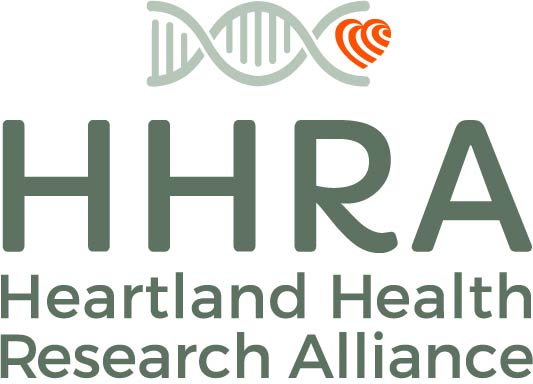Kezic, S., & Nielsen, J. B.; “Absorption of chemicals through compromised skin;” International Archives of Occupational and Environmental Health, 2009, 82(6), 677-688; DOI: 10.1007/s00420-009-0405-x.
ABSTRACT:
Skin is an important route of entry for many chemicals in the work place. To assess systemic uptake of a chemical in contact with the skin, quantitative information on dermal absorption rates of chemicals is needed. Absorption rates are mainly obtained from studies performed with intact, healthy skin. At the work place, however, a compromised skin barrier, although not necessarily visible is common, e.g. due to physical and chemical damage. As reviewed in this article, there are several lines of evidence that reduced integrity of the skin barrier may increase dermal absorption of chemicals in the occupational setting. An impaired skin barrier might lead not only to enhanced absorption of a specific chemical, but also to entrance of larger molecules such as proteins and nanoparticles which normally are not able to penetrate intact skin. In addition to environmental influences, there is increasing evidence that some individuals have an intrinsically affected skin barrier which will facilitate entrance of chemicals into and through the skin making these persons more susceptible for local as well for systemic toxicity. This review addresses mechanisms of barrier alteration caused by the most common skin-damaging factors in the occupational settings and the consequences for dermal absorption of chemicals. Furthermore, this review emphasizes the importance of maintained barrier properties of the skin. FULL TEXT
